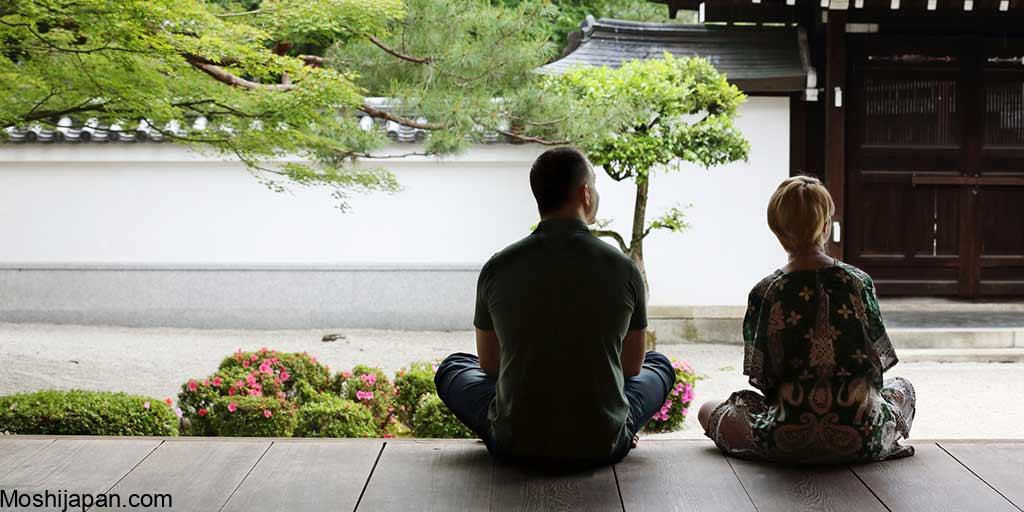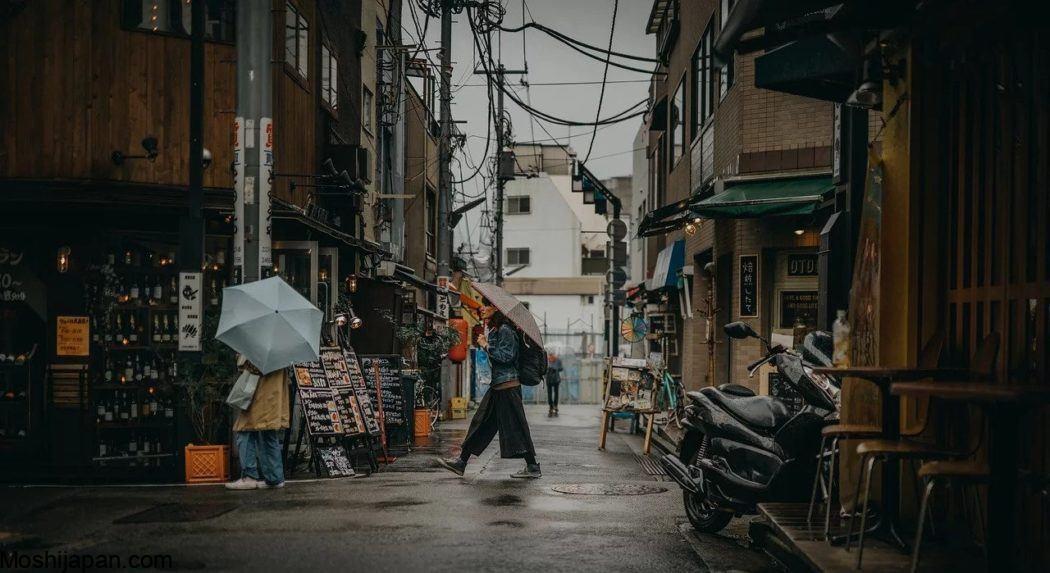Is Japan Safe? What Everyone is Wondering
In a world filled with wanderlust and an insatiable appetite for exploration, the question that often lingers in the minds of travelers is, “Is Japan Safe?” As you embark on your journey to the Land of the Rising Sun, you deserve to have a comprehensive understanding of the safety measures, cultural nuances, and practical tips that will ensure your visit is not only memorable but also secure. This article delves deep into the safety aspects of Japan, leaving no stone unturned.
Safety in Japan: A Nation of Serenity

Japan, with its stunning landscapes, rich heritage, and modern marvels, beckons travelers from across the globe. But beyond its aesthetic allure, Japan is celebrated for its safety. Let’s explore why this enchanting country consistently ranks as one of the safest destinations in the world.
Low Crime Rates (h2)
Japan boasts remarkably low crime rates that astound visitors. While no place is entirely devoid of crime, Japan’s dedication to law and order is evident. The crime rate here is significantly lower than in many Western countries, making it a haven for travelers seeking tranquility.
Politeness and Respect (h2)
One of the pillars of Japan’s safety is its culture of politeness and respect. The Japanese people are renowned for their courteousness and willingness to assist foreigners. The concept of “omotenashi,” or hospitality, is deeply ingrained in their society, ensuring that you feel welcomed and secure.
Efficient Public Transport (h2)
Navigating Japan is a breeze, thanks to its efficient public transport system. Trains and buses are punctual, clean, and safe, making it easy for travelers to explore the country without concerns about transportation mishaps.
Safety Tips for Travelers (h2)

While Japan’s safety is undeniable, it’s still essential to exercise caution as a traveler. Here are some valuable tips to ensure your journey remains trouble-free:
Language Barrier (h3)
While many Japanese people in urban areas speak English, it’s advisable to learn a few basic Japanese phrases. This can help you in emergencies and make your interactions with locals more enjoyable.
Emergency Services (h3)
Japan’s emergency services are highly responsive and efficient. The emergency number to remember is 110 for police assistance and 119 for medical emergencies. Knowing these numbers can be a lifesaver.
Natural Disasters (h3)
Japan is prone to natural disasters like earthquakes and typhoons. Stay informed about local news and heed any warnings or evacuation instructions from authorities.
Cash and Valuables (h3)
Japan is generally safe from petty theft, but it’s wise to keep an eye on your belongings. Use hotel safes to secure your valuables and carry a copy of essential documents.
The Gen Z Perspective (h2)

To provide a fresh perspective on safety in Japan, let’s hear from a Gen Z traveler who recently explored this captivating nation:
“Japan was lit! ????????✨ I had zero worries about safety – everything was on fleek. From the epic street fashion in Harajuku to the peaceful temples in Kyoto, I felt vibes all the way. The locals were chill, and the food was fire. No cap, I’d go back in a heartbeat. #JapanSafeAF”
Conclusion (h2)

In the realm of travel, Japan stands out not only for its breathtaking beauty but also for its unwavering commitment to safety. So, to answer the question, “Is Japan Safe?”—yes, it’s not just safe; it’s a sanctuary of serenity and a paradise for explorers. As you embark on your Japanese adventure, remember to embrace the culture, stay informed, and relish every moment. Japan awaits you with open arms and a heart full of hospitality.
key words
- learn japanese in 90 days 2024
- japanese in use everyday
- japanese for to day
- how to say i love you in japanese



0 Comments